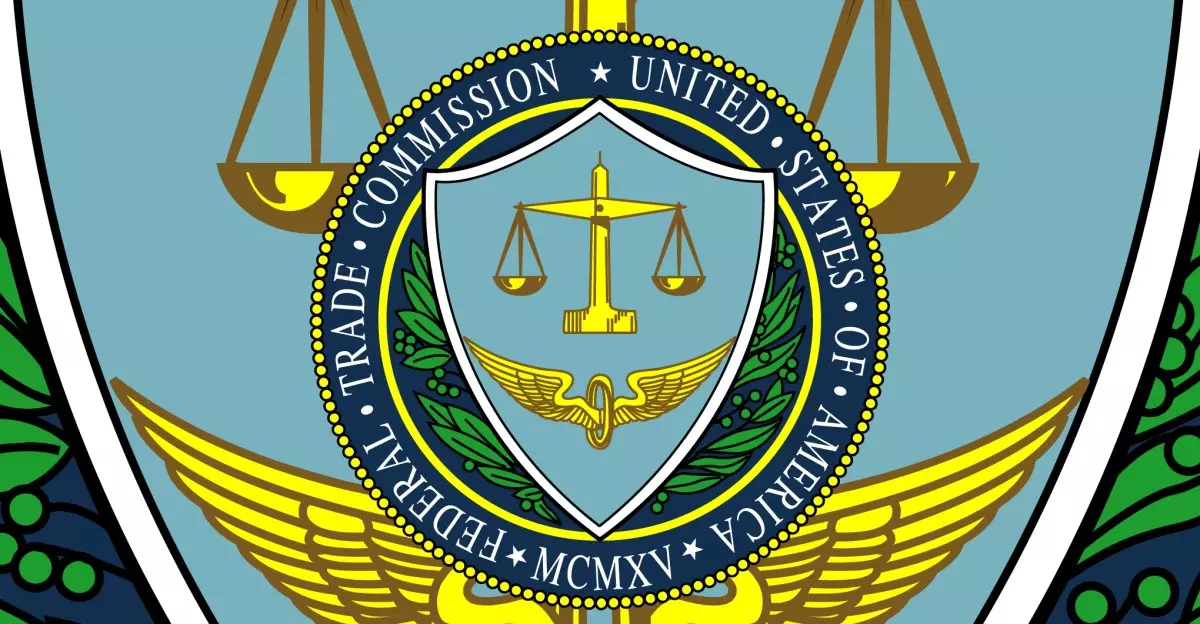The Federal Trade Commission (FTC) is currently embroiled in a legal battle with Amazon over allegations of deceptive business practices regarding its Prime subscription service. However, the agency finds itself at a disadvantage, grappling with significant staffing shortages and budget constraints that have stifled its capabilities. These internal challenges raise concerns about the FTC’s effectiveness and its ability to hold powerful companies accountable. With critical personnel lost and potential relocations looming, the situation creates a perfect storm of inefficiency, leading to delays in what could be a pivotal case for consumer protection and antitrust regulation.
An Agency at a Crossroads
At a recent status hearing, FTC attorney Jonathan Cohen voiced the difficulties faced by the agency in preparing for the upcoming trial. He detailed the loss of several employees and the potential disruption that a forthcoming office relocation could cause. This acknowledgment underscores a disheartening trend where vital federal agencies are under-resourced and unprepared to tackle the intricate challenges posed by big tech companies. As seen through the lens of the FTC, the evolution of American regulatory bodies is becoming increasingly fraught, revealing a concerning inability to adapt to the fast-paced changes within the technology sector.
Amidst these complications, one can only wonder how the FTC plans to maintain its effectiveness against giants like Amazon, especially considering the changing political landscape. The fact that the FTC has faced layoffs and has been insulated from more severe cuts—unlike other agencies—illustrates a broader struggle within the government; federal institutions are increasingly hindered by bureaucratic inefficiencies rather than the merits of the cases they are charged to investigate.
The Shift in Leadership and Agency Culture
This tension is further exacerbated by a shift in leadership at the FTC. Under the previous Democratic chair, Lina Khan, the agency initially took a bold stance against Amazon, alleging the use of dark patterns to entrap unwitting consumers. The lawsuits filed represent a critical front in the fight for consumer transparency and fairness. However, with the appointment of Republican chair Andrew Ferguson, there’s palpable uncertainty. The prospect of allegiances swaying towards traditional business interests poses a risk, not only to the FTC’s mission but also to the integrity of antitrust enforcement in general.
Ferguson’s commitment to align with specific political agendas—a departure from Khan’s more progressive approach—further complicates the FTC’s already rocky road. By cozying up to figures such as former President Trump, whose policies are often adversarial to consumer rights, Ferguson has raised eyebrows about the agency’s future direction. Will the FTC remain vigilant against the predatory practices of massive corporations, or will it succumb to the pressures of political influence?
The Implications for Consumer Rights
As the Amazon trial approaches, the implications of the FTC’s struggles extend beyond bureaucratic delays; they ripple through the broader fabric of consumer rights. This case isn’t just about legal technicalities; it represents the ongoing battle between consumers and corporate giants that often operate in their own self-interests. If the FTC falters in its ability to present a robust case, what message does that send to both consumers and corporations?
It sends a signal that, even with compelling evidence, regulatory bodies face incapacitating limitations that could undermine their authority. The success or failure of this case could set precedents that shape consumer protection laws for years to come. The delicate balance of power between regulatory agencies and large corporations hinges on the FTC’s capability to draw clear lines in the sand, and any failure to do so could embolden companies to ignore consumer interests in pursuit of profit.
A Call for Reinforcement
The current situation highlights an urgent need for reinforcement within the FTC. Beyond merely sustaining operations, the agency must adapt to a landscape that demands accountability, especially from entities as influential as Amazon. Enhanced funding, strategic staffing, and an unwavering commitment to consumer rights must be prioritized to ensure that regulatory bodies can keep pace with the rapidly evolving tech landscape.
The narrative surrounding the FTC’s fight against Amazon is emblematic of a larger struggle in ensuring corporate accountability. As the battle lines are drawn, one can only hope that the agency will muster the resources, resolve, and ethical clarity to navigate the challenges ahead. The stakes have never been higher, and the outcome will resonate far beyond the walls of the courtroom.

